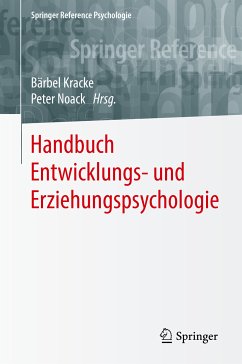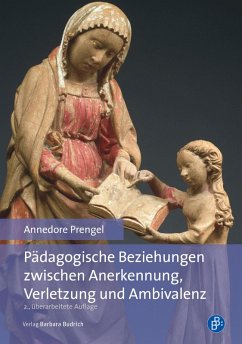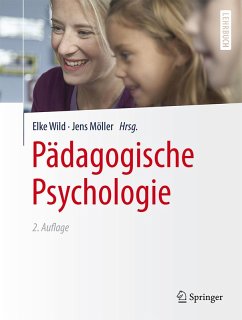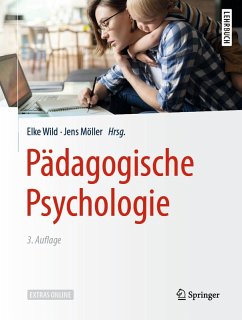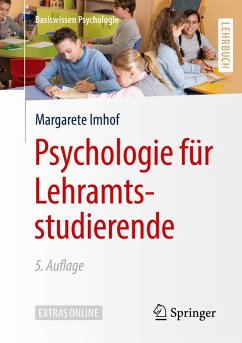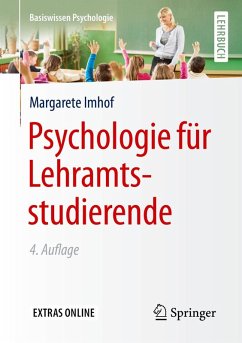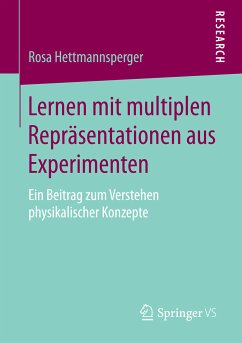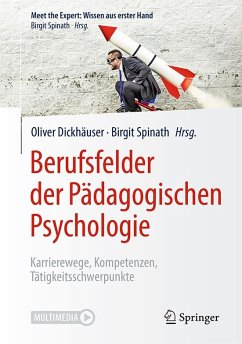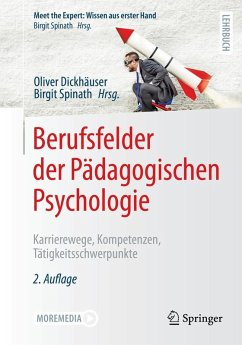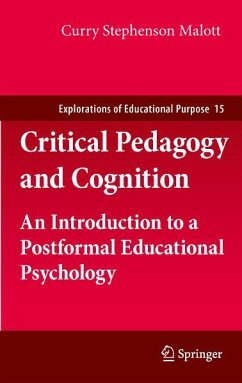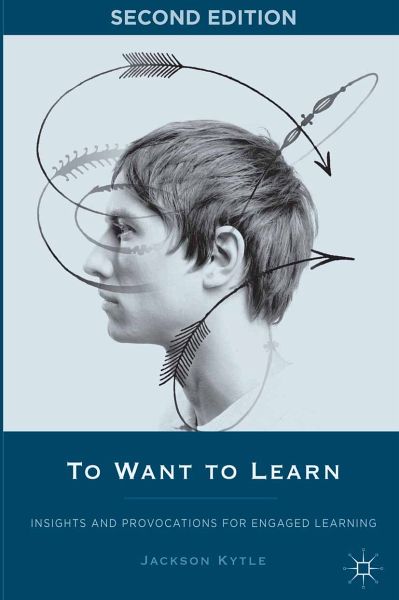

PAYBACK Punkte
11 °P sammeln!






When students are self-motivated, they work harder at learning even if resources are inadequate. This book argues that students and teachers waste time and energy because the curriculum rests on flawed mental models. Change requires theories of motivation and learning based on advances in neurobiology and cognitive studies.
Dieser Download kann aus rechtlichen Gründen nur mit Rechnungsadresse in A, B, BG, CY, CZ, D, DK, EW, E, FIN, F, GR, HR, H, IRL, I, LT, L, LR, M, NL, PL, P, R, S, SLO, SK ausgeliefert werden.
- Geräte: PC
- ohne Kopierschutz
- eBook Hilfe
- Größe: 3.1MB
Jackson Kytle is a social psychologist, progressive educator, writer, and consultant to college leaders, working for the Advance Group. He was elected a Commissioner for the Middle States Commission on Higher Education. Previous college leadership positions include: Vice President for Academic Affairs, HealthCare Chaplaincy; Deputy Provost of The New School in New York City; Dean of Vermont College and Vice President, Norwich University; President of Goddard College; and Vice President for Academic Affairs at Antioch University. Jackson has taught at each of these colleges, offering courses in social psychology, research methods and statistics, educational philosophy, and college writing.
Produktbeschreibung
- Verlag: Palgrave Macmillan US
- Seitenzahl: 230
- Erscheinungstermin: 13. Mai 2004
- Englisch
- ISBN-13: 9781403973818
- Artikelnr.: 38281848
"Jack Kytle's wonderful book, To Want to Learn, offers a powerful antidote to those current images of schools as test centers, students as consumers, and teachers as technicians. Starting with the central question of motivation, Kytle eschews training for critical teaching and imagines learning as an ongoing act of creativity and hope. If you believe that schools should create students who can dream, experience joy and use their imagination in the interest of creating a better world, this is the book to read." - Henry A. Giroux, author of The Abandoned Generation
"This is an unique and original effort to re-locate the learner in his/her full life context, to re-make learning an integral part of one's life aspirations, and to
"This is an unique and original effort to re-locate the learner in his/her full life context, to re-make learning an integral part of one's life aspirations, and to
Mehr anzeigen
re-place the educator in front of his/her responsibility to contribute to the development of responsible human beings. Thanks to Jackson Kytle's solid theoretical grounding in both American and European social theory and thanks to his rich professional experience, contemporary thinking about education and learning has just become richer." - Matthias Finger, Swiss Federal Institute of Technology
"Jack Kytle has written a remarkable book, one that accomplishes what its title invites. This volume engaged me, from start to finish, and inspired me to want to learn more.
It is comprehensive, original and eloquent. The interdisciplinary approach, coupled with an effective integration of personal narrative, makes learning come to life in meaningful and important ways. Not content with the traditional psychological canon, Kytle incorporates cutting edge research and theory, as well as deep reflection on epistemological and ethical matters. He provokes us to open our eyes to the excitement of life long learning and, by implication, the necessity to change our taken-for-granted educational practices. This is a text that should appeal to reflective teachers and reformers at all levels, whether we work in K-12 settings, undergraduate liberal arts colleges or graduate schools of education." - Wendy Kohli, Associate Professor and Chair, Department of Curriculum and Instruction, Fairfield University and formerly Director of Teacher Education at The New School
"Jack Kytle has written a remarkable book, one that accomplishes what its title invites. This volume engaged me, from start to finish, and inspired me to want to learn more.
It is comprehensive, original and eloquent. The interdisciplinary approach, coupled with an effective integration of personal narrative, makes learning come to life in meaningful and important ways. Not content with the traditional psychological canon, Kytle incorporates cutting edge research and theory, as well as deep reflection on epistemological and ethical matters. He provokes us to open our eyes to the excitement of life long learning and, by implication, the necessity to change our taken-for-granted educational practices. This is a text that should appeal to reflective teachers and reformers at all levels, whether we work in K-12 settings, undergraduate liberal arts colleges or graduate schools of education." - Wendy Kohli, Associate Professor and Chair, Department of Curriculum and Instruction, Fairfield University and formerly Director of Teacher Education at The New School
Schließen
Für dieses Produkt wurde noch keine Bewertung abgegeben. Wir würden uns sehr freuen, wenn du die erste Bewertung schreibst!
Eine Bewertung schreiben
Eine Bewertung schreiben
Andere Kunden interessierten sich für


